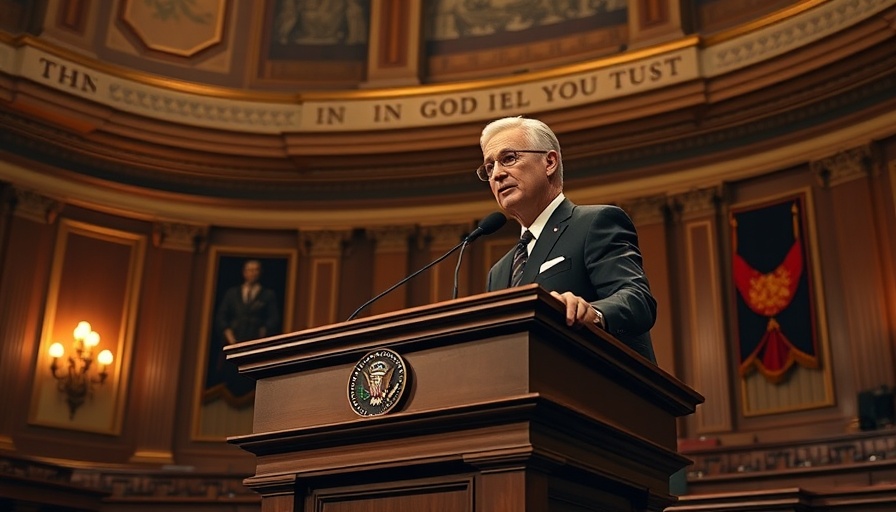
The Long-Term Risks of Tariffs for Economies
President Trump's promise of purchasing and supporting American-made goods through tariffs has raised questions about its long-term economic effects. While it's true that tariffs can generate revenue for the government, the costs to the broader American economy could outweigh these benefits significantly. History has shown that tariffs often serve as a double-edged sword, benefitting a few domestic industries while placing a heavy economic burden on consumers, importers, and even exporting businesses. Numerous studies highlight the negative long-term implications of tariffs, showing that they generally lead to reduced productivity, higher unemployment rates, and increased income inequality.
The Ripple Effect of Increased Costs
When tariffs increase the price of imported goods, costs inevitably trickle down to consumers. For instance, imagine a domestic company that relies on imported parts for manufacturing. The imposition of tariffs raises costs for this business, which may respond by increasing prices for their end products. This not only reduces consumers' disposable income but also leads to a decrease in sales for other domestic businesses as spending shifts away from items that have risen in price. As consumer spending diminishes in one sector, it can lead to job losses and reduced earnings in others, creating a vicious economic cycle.
Export Dynamics: What You Need to Know
Switching to American-made products might seem like an immediate solution to offset the challenges posed by tariffs. However, the unintended consequence of this strategy is a fortified U.S. dollar, which hurts American exports. Since imported goods become less competitive due to tariffs, while an appreciation of the dollar makes U.S. goods more expensive overseas, this creates a situation where employment in export-driven industries can actually decline. Thus, the attempt to protect domestic production by increasing tariffs could paradoxically hamper the competitiveness of U.S. exports.
Tariffs as a Redistributive Mechanism
While tariffs may protect certain domestic producers, they induce a redistribution effect across the economy. For example, an American equipment manufacturer may benefit from less foreign competition, but their cost of production has increased due to higher prices for imported components. This dynamic results in negative consequences across the economy, from limited choices for consumers to increased prices, which can ultimately lead to widespread economic harm.
What the Future Holds for Tariffs
As evidenced in trends observed in previous tariff policies, the long-term effects could present challenges not just for consumers but also for various sectors of the economy. If trade relations with countries like Canada, Mexico, and China continue to be strained, one can expect retaliatory tariffs, impacting everything from manufacturing to agriculture. Navigating this increasingly complex landscape requires businesses to remain alert and flexible, optimizing supply chains while considering domestic sourcing strategies. Staying informed about ongoing tariff developments ensures companies can mitigate risks and adapt their operations effectively.
The impact of tariffs on the economy remains a pressing issue, as the decision to impose them affects not only current markets but could also shape the economic landscape for years to come. Understanding the dynamics at play helps businesses evaluate their strategies and prepare for future shifts in trade policy.
 Add Row
Add Row  Add
Add 




 Add Row
Add Row  Add
Add 

Write A Comment